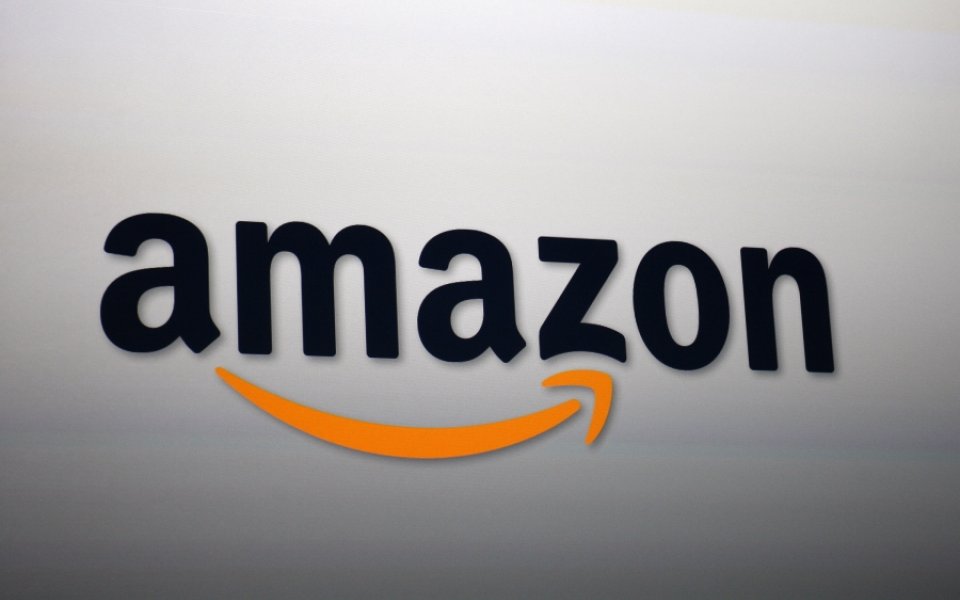Amazon overtakes Walmart as US’ biggest retailer: But has it really stolen its crown?

The king is dead: Long live the king.
If Americans still had monarchic leanings that might be how they would have viewed last night’s shock announcement that Walmart, that behemoth of retailing, had lost its crown as the nation’s biggest retailer. The fact that it lost it to Amazon, a dot-com upstart with no physical stores, is highly symbolic. It surely signals that the old model of retailing is dead, that we are now speeding into a truly digital age.
Actually, it doesn’t. It’s true that Amazon has overtaken Walmart, but only in terms of market capitalisation. That’s kind of like winning a race by being the heaviest entrant rather than the one who crosses the finish line first. In any case, on most other measures Walmart doesn’t just outperform Amazon, it trounces it. Amazon’s latest quarterly sales were $23.1bn (£14.9bn). Impressive. But five times less impressive than the $114bn Walmart took in its most recent quarter.
Amazon’s sudden ascendancy was the result of a spike in its share price, all thanks to a surprise $92m quarterly profit. While turning a profit is something of a novelty for Amazon, it’s a practice that Walmart has followed for many years. The profit in its latest quarter? $3.4bn. That’s just over 36 times what Amazon made.
None of this is to dismiss Amazon. It is a highly impressive and innovative retailer. However, its results and the scarcity of profit also tell an important truth – namely that online retailing is not the panacea some believe it to be.
Ecommerce has grown rapidly over the past decade, but in the US online still only accounts for just under 10 per cent of all retail sales. There are logistical barriers to growth, but there are also psychological ones in the sense that many consumers still like visiting shops and malls. It is also a myth that online retail is cheap. True, a pure online player like Amazon has no shops to service, but the vast logistical infrastructure required to deliver products is far from cheap.
It could be argued that Amazon is steadily moving away from being a retailer to more of a lifestyle service that helps get products to customers whenever and wherever they need them, provides entertainment including its own TV shows and films, and gives customers nifty tools to order their groceries. The creation of this wider ‘ecosystem’ is deliberate and is designed to secure customer loyalty and maximise Amazon’s share of wallet. In part, the share price reflects the future earnings potential of this strategy.
However, Amazon needs to deliver many, many more quarters of profit growth before it turns its potential into reality.